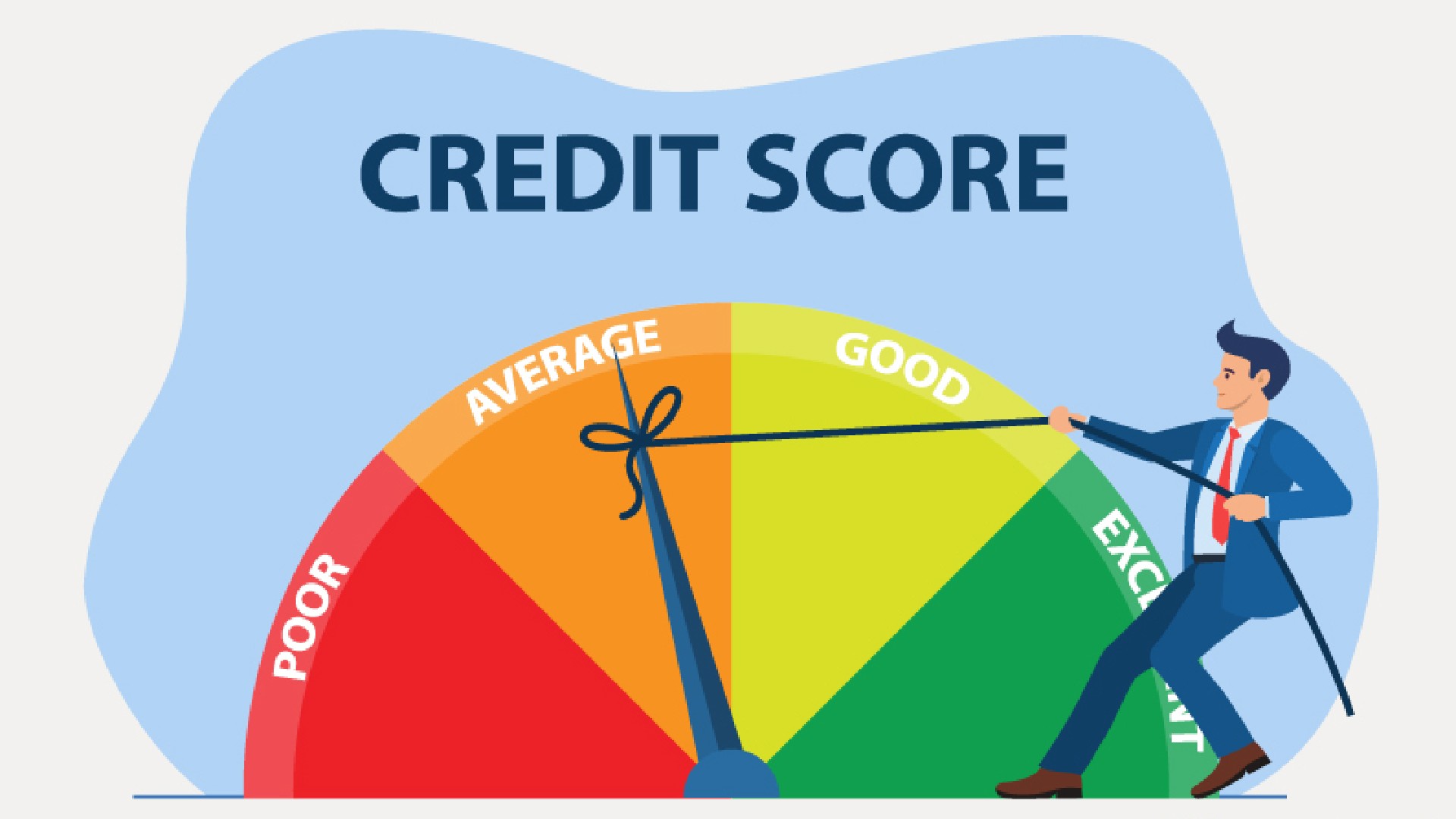How CIBIL Works: A Comprehensive Guide to Understanding Your Credit Score

How Cibil Works: If you’re navigating the financial landscape in India, understanding CIBIL (Credit Information Bureau India Limited) is essential. CIBIL plays a critical role in determining your creditworthiness, directly affecting your ability to secure loans, credit cards, or other financial products. This blog will demystify how CIBIL works and help you manage your credit score effectively.
What Is CIBIL?
CIBIL is one of India’s major credit information companies, licensed by the Reserve Bank of India (RBI). It collects and maintains credit-related data for individuals and businesses. This data is used to generate a CIBIL Score, a three-digit number ranging from 300 to 900, which reflects your creditworthiness.
How Does CIBIL Work?
CIBIL’s operations revolve around collecting and analyzing credit data. Here’s a step-by-step breakdown of how it works:
1. Data Collection:
- CIBIL gathers financial data from banks, non-banking financial companies (NBFCs), and other financial institutions.
- This data includes your loan and credit card repayment history, credit limits, account balances, and defaults, if any.
2. Credit Report Compilation:
All the collected data is compiled into a CIBIL Credit Report. This report is a detailed record of your credit behavior over time, including:
- Payment history
- Loan types (secured or unsecured)
- Credit inquiries made by lenders
- Outstanding debts
- Defaults or delays in repayments
3. CIBIL Score Calculation:
Based on the credit report, CIBIL calculates your score using an algorithm. The primary factors influencing your CIBIL Score include:
- Payment History (35% weightage): Timely repayments positively impact your score.
- Credit Utilization Ratio (30%): Using too much of your available credit limit can lower your score.
- Length of Credit History (15%): A longer credit history often leads to a higher score.
- Credit Mix and Type (10%): A balanced mix of secured and unsecured loans is favorable.
- Recent Credit Activity (10%): Frequent credit inquiries or multiple new accounts may signal financial instability.
4. Access by Lenders:
- When you apply for a loan or credit card, lenders request your CIBIL Score and report to assess your eligibility.
- A higher score (750 and above) increases your chances of approval and often results in better terms, such as lower interest rates.
Why Is CIBIL Important?
CIBIL acts as a financial trust scorecard for individuals and businesses. Here’s why it matters:
- Loan Approval: Lenders use the CIBIL Score as a primary criterion for loan approvals.
- Favorable Interest Rates: A higher score can help negotiate better interest rates.
- Financial Health Indicator: It gives you a clear picture of your credit habits and areas needing improvement.
Also Read: Top Investment Strategies for 2025: How to Identify High-Growth Themes
How to Check Your CIBIL Score?
You can check your CIBIL Score through the following steps:
- Visit the CIBIL official website.
- Create an account or log in to your existing account.
- Provide the necessary details, including your PAN card number.
- Access your credit report and score. You can check it for free once a year or subscribe for additional insights.
Tips to Maintain a Good CIBIL Score
- Pay Your Bills on Time: Ensure timely payments of EMIs and credit card bills.
- Avoid High Credit Utilization: Keep your credit utilization below 30% of your limit.
- Limit Credit Inquiries: Avoid applying for multiple loans or credit cards in a short period.
- Monitor Your Credit Report: Regularly check your CIBIL Report to identify and rectify discrepancies.
- Diversify Your Credit Portfolio: Maintain a mix of secured and unsecured credit to build a strong credit history.
Conclusion
Understanding how CIBIL works is essential for anyone looking to achieve financial stability and creditworthiness. By managing your financial habits wisely and keeping an eye on your CIBIL Score, you can unlock opportunities for better financial products and terms. Start building a strong credit history today for a secure tomorrow!



